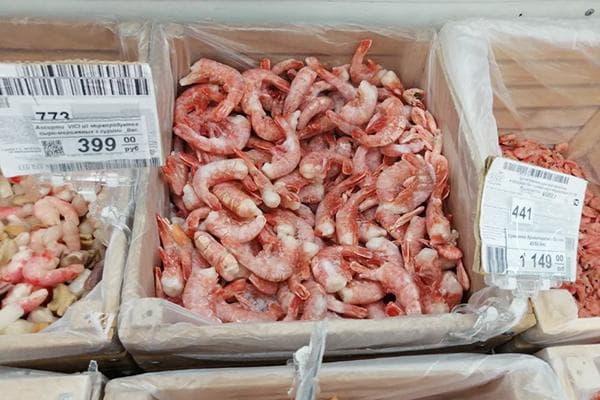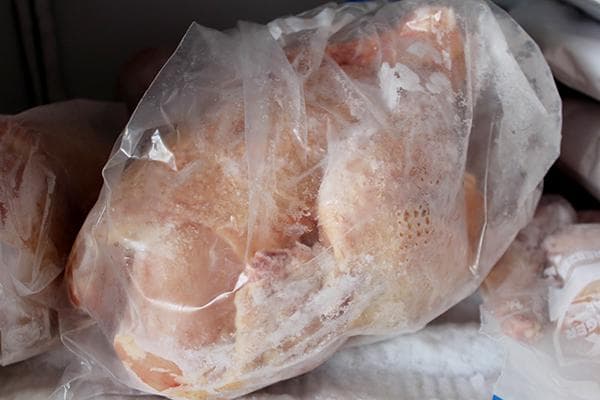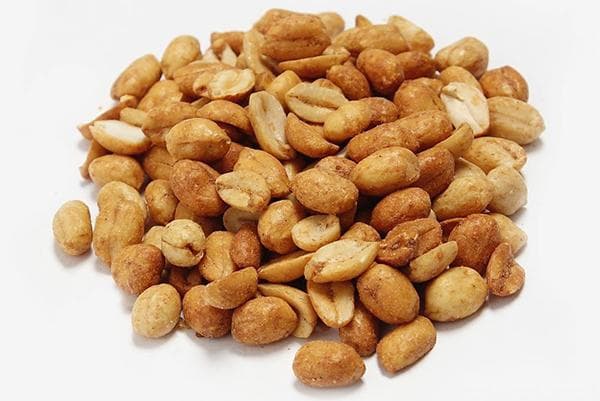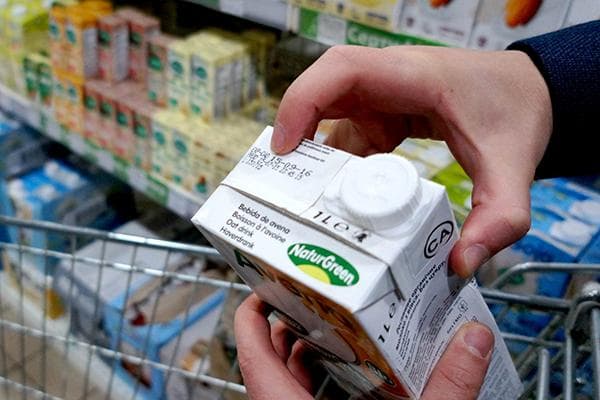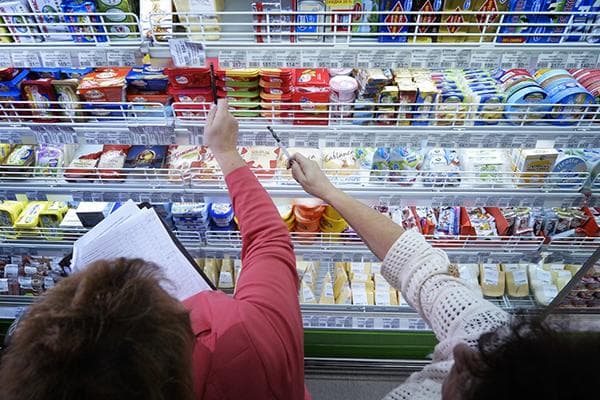What products are best not to buy in stores to avoid getting poisoned?
Most of the products sold in the store do not pose a danger to your life and health. But there are also products that are dangerous to eat - no, not because they contain GMOs or palm oil, but because of the high risk of poisoning.
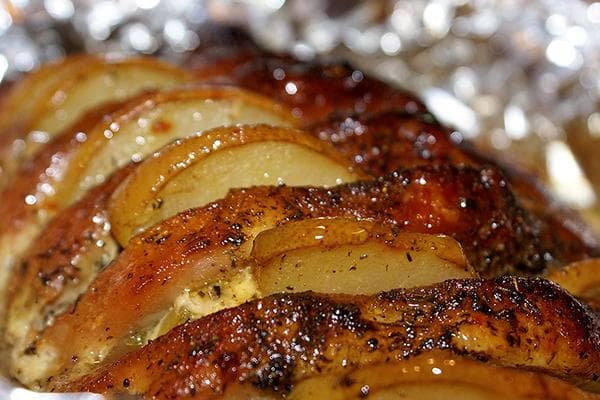
Baked meat
Sometimes, instead of fresh meat, they bake the meat that has been sitting on the display. With the help of aromatic spices - dried garlic, herbs, pepper - they eliminate the unpleasant odor and weathered poultry or pork turns into an attractive product for the buyer with a beautiful, appetizing crust. Unscrupulous manufacturers are guided by the idea that all bacteria are killed during high-temperature processing, but in this case it is not the microorganisms themselves that are scary, but the toxins they release - they are not destroyed during baking. If a person with poor health eats such meat, it will be difficult for him to avoid poisoning.
Cream cakes
The shelf life of pastries, cakes, rolls with custard or whipped cream is only 6 hours, and with curd cream - 36 hours, provided that they are stored in the refrigerator, where the temperature is set between 2 and 6 ° C. But in most cases, you cannot reliably find out when certain confectionery products were made, and they become hazardous to health before they lose their attractive appearance.
Salads with mayonnaise from the culinary department
Even if the salad seems fresh at first glance, in fact it may turn out to be “reconstituted”. This warning applies to mixed, not puffed, salads, because in order not to write off the product, unscrupulous culinary workers wash the expired salad in water, removing the remnants of the old dressing, and then refill it with mayonnaise.
Seafood by weight
In most stores, shrimp, mussels and sea cocktail are transferred from shipping containers to standard plastic boxes, after which the shelf life of these products becomes “infinite.” You can find out the date of production and the final date of consumption by asking the administration for the label from the box (they must keep it until the product is sold), but it is not possible to determine whether this particular seafood product was in this box.
Meat in broken vacuum packaging
Before putting a piece of meat or fish into the basket, carefully inspect the vacuum packaging - it should not be torn or punctured. Firstly, because air gets inside through the hole, which means the shelf life of the product is reduced by at least half. And secondly, in addition to air, bacteria, fungi and even viruses settle on the meat, which can lead to poisoning with toxic waste from their vital activity or infection with an infectious disease.
Roasted nuts by weight
As a rule, such nuts are not subjected to additional heat treatment. And it is not needed if sanitary and hygienic rules are followed during the sale, but there are many citizens in society who, instead of using a special scoop or disposable gloves, pour hazelnuts or peanuts from a common box with their bare hands.Consciously or not, they leave a lot of pathogenic microorganisms on the product, including E. coli, salmonella, norovirus, and worm eggs. The same warning applies to loose cookies, sweets and baked goods without individual packaging.
Products with expiration dates
- Mayonnaise whose expiration date will expire in a week, or cottage cheese that has two days left on the display case, theoretically remains safe and quite suitable for consumption. But in practice this is not the case, because:
- It is unknown whether the recommended storage conditions were followed at all stages of delivery and sale of the goods. For example, violation of the temperature regime significantly reduces the shelf life.
- The organoleptic characteristics of products change over time: something that has been on the shelf for five out of six months will be less tasty in comparison with similar, but fresh food.
- You have no time left to use the product. A stick of butter or a bottle of ketchup can spend a week or two in the refrigerator before being used up, essentially leaving you eating expired food the entire time.
If you do decide to purchase any of the products mentioned, do everything to protect yourself. For example, ask them to bake your chosen piece of meat (many supermarkets provide a similar service). Or go buy cakes from a pastry shop, where there is a high demand for products (that is, the goods do not have time to sit out).


